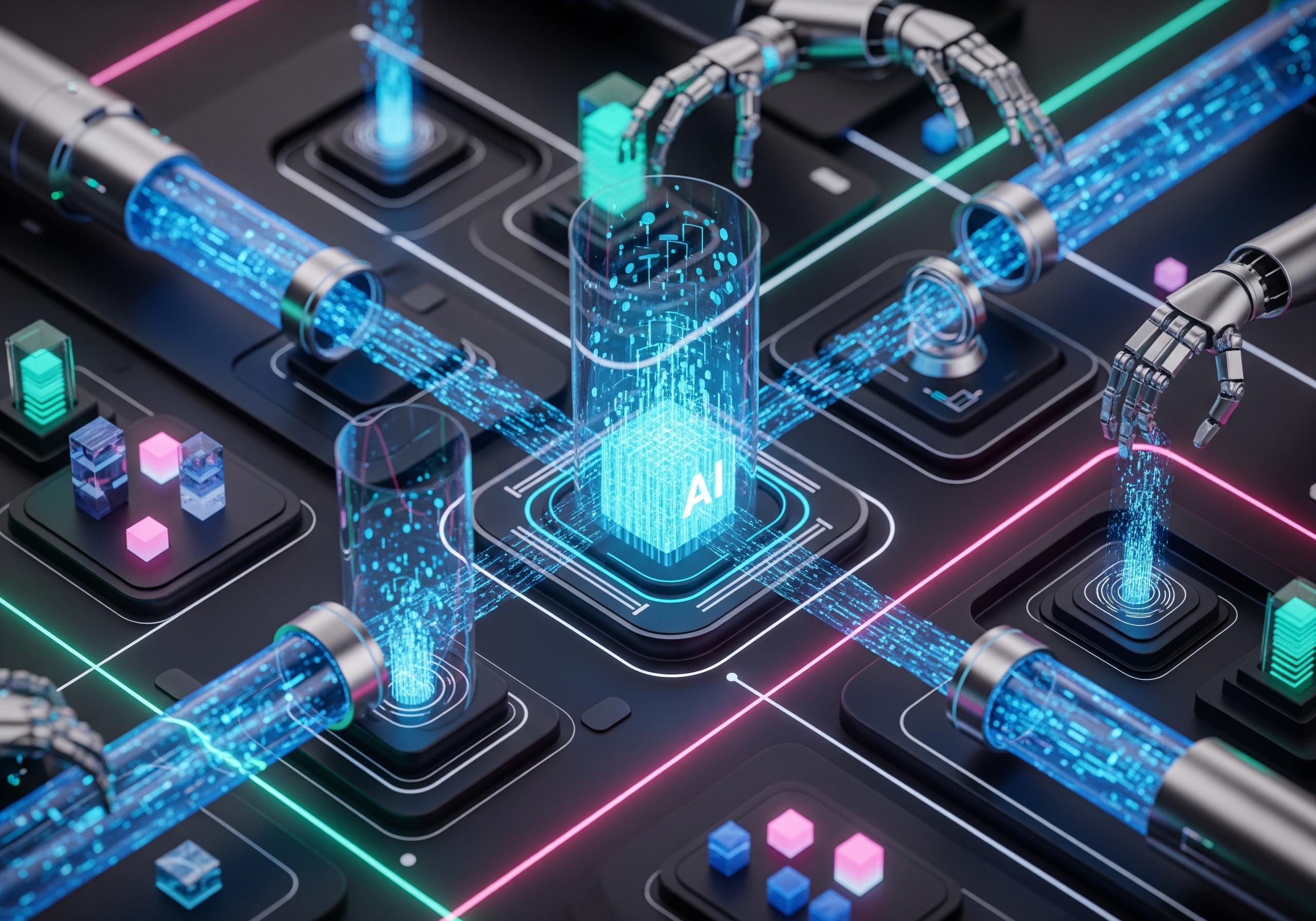2025-6-2
An in-depth exploration of the tools and technologies transforming education and employment.
As digital transformation sweeps across industries, the landscape of work and skills is evolving rapidly. Technology not only powers new forms of work but also reshapes existing roles. This article delves into the pivotal technologies driving these changes and their implications for the future of work and education.
Automation and Artificial Intelligence (AI) are central to digital transformation. They enhance productivity by automating routine tasks, allowing workers to focus on higher-level functions that require human insight.

Learning and development are vital to adapting to technological changes. Institutions now emphasize digital skills to prepare students and employees for the future workplace, highlighting the integration of technology in education systems.
Platforms such as Upwork and Fiverr illustrate the emergence of digital labor markets, facilitating work opportunities beyond traditional boundaries and contributing to a global workforce network.
With the digital economy’s expansion, cybersecurity expertise has become indispensable. Protecting sensitive data and ensuring privacy are critical challenges necessitating skilled professionals in this field.
The rise of digital technologies, while beneficial in many aspects of professional life, has significant environmental costs. The energy required to power vast data centers, the production and disposal of electronic components, and the overall carbon footprint associated with digital infrastructure contribute to increasing environmental concerns. These challenges underline the importance of developing sustainable technologies and practices that minimize ecological damage. Innovations such as energy-efficient hardware, optimizing algorithms for reduced resource consumption, and increasing the use of renewable energy sources for technology operations are critical pathways to a sustainable digital transformation process.
While digital technologies present novel opportunities for economic inclusion, they also introduce barriers. Individuals with limited access to technology or lacking necessary digital skills remain marginalized, underscoring the importance of bridging the digital divide. Numerous initiatives aim to facilitate access to technology and provide training for underserved communities, transforming socioeconomic landscapes. Further, barriers such as internet accessibility and affordability continue to restrict potential benefits for these communities. Tailoring local and regional efforts to ensure equitable access and inclusivity in technology is vital for a balanced and fair digital economy.
Technological benefits are multifaceted, yet preserving the human element within professional and educational environments remains essential. While automation and AI drive efficiency, there is irreplaceable value in human cognition, empathy, and creativity. It is crucial to integrate technology with human-centric approaches, promoting an environment where machines enhance human capacity rather than replace it. Surpassing technological advancements involves nurturing soft skills like emotional intelligence, critical thinking, and teamwork, alongside technical acumen.
Emerging technological advancements continue to drive significant changes in how work is perceived and executed. Innovations such as blockchain, quantum computing, extended reality (XR) technologies, and enhanced AI capabilities promise to transform professional environments and reshape industries. These developments signal a dynamic digital landscape where adaptability and continuous learning are essential for maintaining relevancy and capitalizing on new opportunities.
Institutes of higher education and organizations play pivotal roles in fostering adaptable mindsets, equipping individuals with foundational and forward-looking skills, and preparing them for the evolving demands of the workforce. Staying informed about these advancements and embracing a mindset of lifelong learning will be key to thriving in this rapidly changing environment.
The transformative impact of digital technologies on education and employment is profound and multifaceted. Automation, AI, and digital platforms are not only redefining the skills required in the modern workforce but also the methods of acquiring those skills. While these advancements bring increased efficiency, global connectivity, and new opportunities, they also introduce challenges such as cybersecurity needs, environmental concerns, and the risk of exclusion for underserved communities.
Balancing technological progress with human-centric approaches is critical for fostering an inclusive and sustainable digital future. By embracing collaboration between humans and AI, emphasizing soft skills, and ensuring equitable access to technology, societies can harness the benefits of digital transformation while mitigating its downsides. The road ahead is one of continuous adaptation, innovation, and education, as emerging trends like quantum computing and extended reality reshape industries. Ultimately, the success of this transformation hinges on creating a future where technology complements and amplifies human potential.